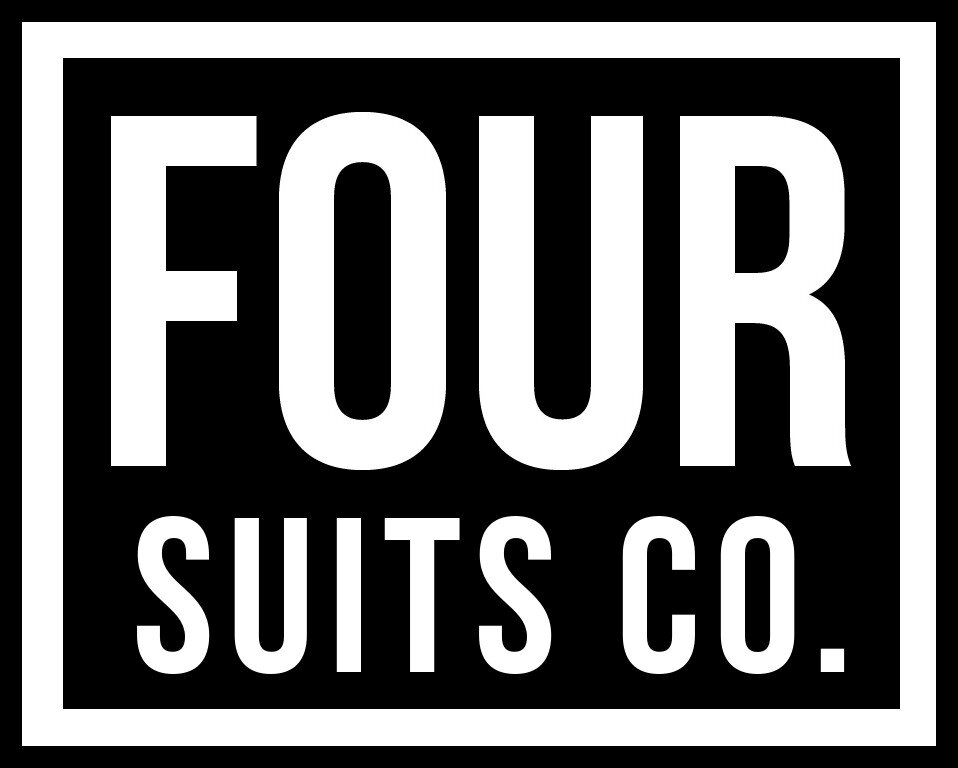What is Magic, cont’d — H.B.’s later thoughts on a text conversation
Previously published on this blog was a text conversation between me and J.R. Concerning what exactly magic is. His answer, “ARTFUL DECEPTION,” has stuck with me. I wasn’t exactly sure what to do with it at the time, but I think now I’d have to disagree. That’s not to say he’s entirely wrong; on the face of it, magic seems like clever lying.
Yet even as J.R. and I had that conversation, I doubted the definition he gave — I had just read Paul Harris’ essay on astonishment, and there seemed to be something more to this whole magic thing. I’m not very old in magic, of course — indeed, this is my first contribution — but what’s kept me in it is an abiding sense of magic’s profundity. If magic is just artful deception, then the objective is merely to fool people. This mentality encourages magicians to think of magic as a game, where the objective is to outsmart the spectator.
However, merely fooling people is not enough to keep me practicing magic, nor should it be enough for anyone else. Paul Harris gave me a utopian vision of magic serving a vital role: astonishment, to him, is a tool to discover who we really are. Magic has the power, by giving us something inexplicable, to force us out of the delusions society requires of us to experience something real. But what the real thing Paul Harris wants audiences to experience remains elusive.
The final pieces of this puzzle, for me, come from John Wilson’s episode of Magical Thinking, and an essay on the definition of magic by Charles Reynolds (it comes to me in Vanishing inc’s free ebook, “Magic in Mind”). I’ll not quote them here, but I highly recommend them both — the gist of the matter is that magic need not be about deception, but about manipulation (Wilson talks about symbols and Reynolds talks about perception as the objects of manipulation). The aim doesn’t need to be to fool, but to create a moment — for Wilson, the moment can be as simple as picking up a tarot card and turning it over, no deception required.
Magic is about creating moments that are real — moments other people experience consciously. Fooling people is a path to this, but there are others. Wilson’s Tarot card is a wonderful example of a deceptionless real moment.
As to why creating such moments is necessary, that may be the subject of another blog post entirely. In the meantime, I refer you to Jon Kabat-Zinn’s book, “Wherever You Go, There You Are.” It’s about, as the publisher puts it, “reclaiming the richness” of moments in life. That’s the power Magic has; use it.
-- H.B.
